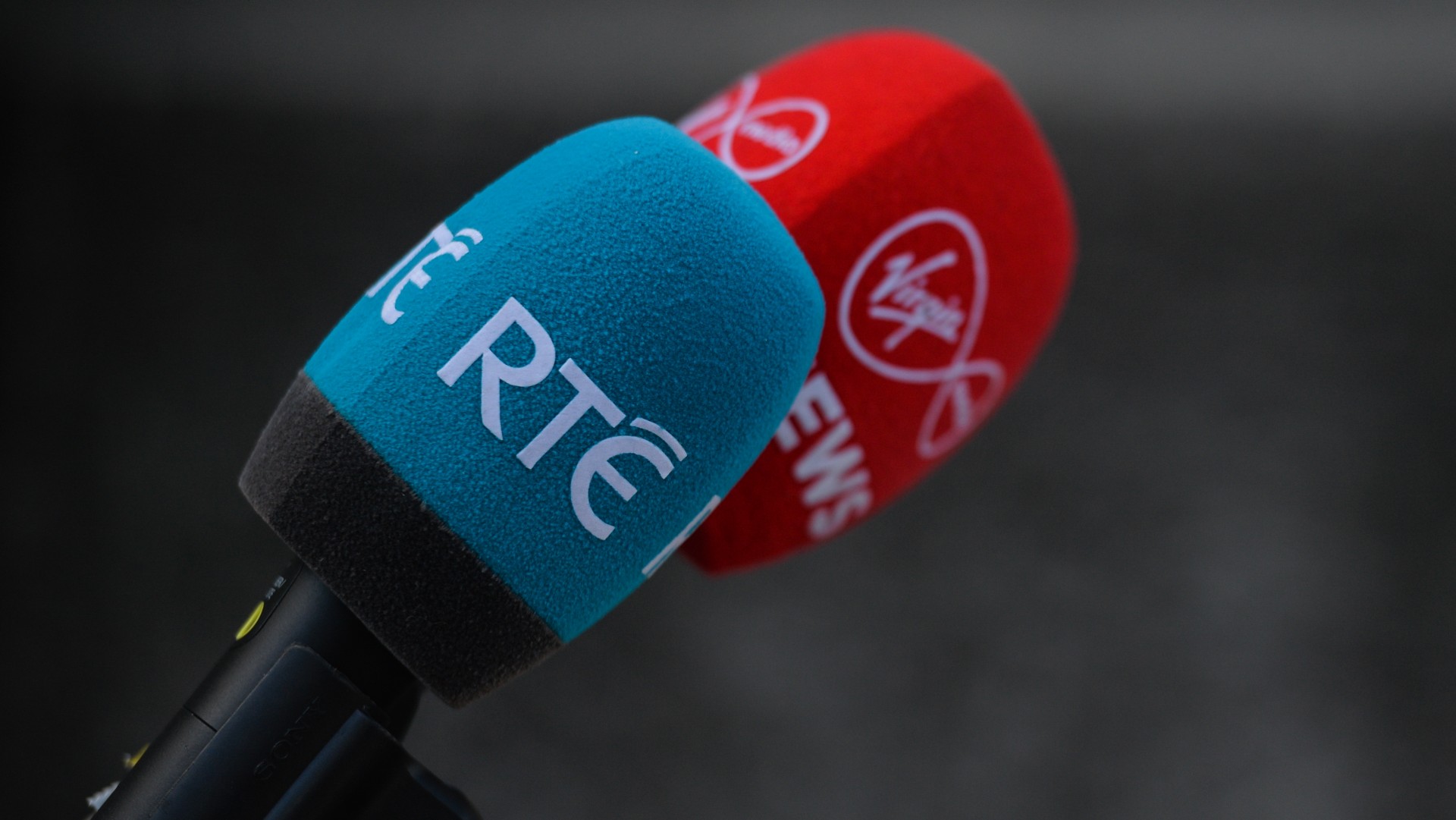Ryan Tubridy and the RTE scandal explained
Ireland’s national broadcaster ‘facing biggest crisis in its 97-year history’

A free daily email with the biggest news stories of the day – and the best features from TheWeek.com
You are now subscribed
Your newsletter sign-up was successful
Ireland’s biggest TV star, Ryan Tubridy, has been made the “poster boy” for the RTÉ payments scandal that has engulfed the national broadcaster and gripped the nation, his agent said.
Tubridy, who until May had a morning radio slot on RTÉ and presented the world’s longest-running TV chat show, “The Late Late Show”, said he had been “cancelled” by the scandal, while appearing at a parliamentary committee hearing in Dublin on Tuesday.
“This is my first rodeo being in the public eye”, he told the Public Accounts Committee. “My name has been desperately sullied, I think my reputation has been sullied.”
The Week
Escape your echo chamber. Get the facts behind the news, plus analysis from multiple perspectives.

Sign up for The Week's Free Newsletters
From our morning news briefing to a weekly Good News Newsletter, get the best of The Week delivered directly to your inbox.
From our morning news briefing to a weekly Good News Newsletter, get the best of The Week delivered directly to your inbox.
What is the RTÉ pay scandal?
RTÉ, which like the BBC is funded partly by a licence fee, has faced serious questions concerning the reporting of payments made to top presenters and claims of extravagant spending by executives.
Like the BBC, the broadcaster is required to report what it pays its top talent. However, an audit of its finances found irregularities with what was in the public domain and what the accounts showed. The story erupted on 22 June when RTÉ disclosed hidden payments of €345,000 (£295,000) to Tubridy.
The corporation has also been accused of running “a slush fund” that has spent thousands of euros in expenses, ranging from flip-flops to gig tickets.
The controversy has since “snowballed” said BBC News and is gripping the nation “to such an extent that parliamentary committee hearings are being screened in pubs”.
A free daily email with the biggest news stories of the day – and the best features from TheWeek.com
“It has become Ireland’s top-rated show – a tale of celebrity, secrets and lies that has entranced the public and dominated the airwaves,” agreed The Guardian. Unfortunately for the national broadcaster, “it is an all-too real scandal over clandestine payments that has engulfed its star presenter and senior managers and planted a question mark over RTÉ’s future.”
What will happen next?
While the British national broadcaster is engulfed in its own scandal, Ireland’s equivalent is facing “one of the biggest crises” in its 97-year history, said the BBC.
“RTÉ’s humiliation has been swift, merciless and very, very public,” reported The Telegraph.
Two weeks ago RTÉ director general, Dee Forbes, was suspended and subsequently resigned. On Friday, the Taoiseach Leo Varadkar said laws may have been breached and added that reform of how the institution is funded is well overdue. The prime minister urged people to continue paying for their TV licences and even fielded questions over whether his government would bail out RTÉ, as advertisers and sponsors were deserting the broadcaster.
But the “drip drip of disclosures – forced in part by robust, forensic reporting by RTÉ journalists – has rotted goodwill towards the broadcaster and undercut its campaign to obtain more funding and overhaul its funding model,” said The Guardian.
The “real victim here” is not Tubridy, said the Irish Times, but “funding reform for the cash-strapped public broadcaster which is currently under Government review”.
It might feel right to begrudge RTÉ potential public funds during an accounting scandal, concluded the paper, “but it will be us who suffer in the long run from a stripped-back public broadcaster”.
-
 Political cartoons for February 15
Political cartoons for February 15Cartoons Sunday's political cartoons include political ventriloquism, Europe in the middle, and more
-
 The broken water companies failing England and Wales
The broken water companies failing England and WalesExplainer With rising bills, deteriorating river health and a lack of investment, regulators face an uphill battle to stabilise the industry
-
 A thrilling foodie city in northern Japan
A thrilling foodie city in northern JapanThe Week Recommends The food scene here is ‘unspoilt’ and ‘fun’